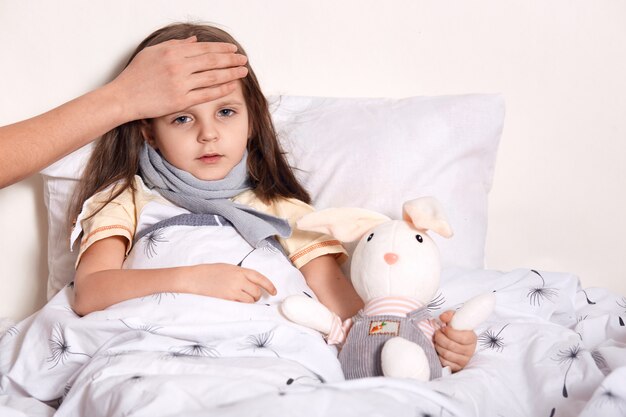Subscribe to out newsletter today to receive latest news administrate cost effective for tactical data.
2478 Street City Ohio 90255
Shopping cart
- Home
- Specialties
- Intensive & Critical Care
- Cardiacsciences
- Gastroenterology
- Emergency & Trauma
- Psychiatry
- Obstetrics & gynaecology
- Orthopedic Bone & Joints
- General Surgery
- General medicine
- Oncology
- Department of Neuro Science
- Nephrology
- Pediatrics & Neonatology
- Ophthalmology
- Urology
- Dental Sciences
- Pathology & Microbiology
- Pulmonology
- IVF Unit
- Radiology & Imaging
- Department of Physiotherapy
- ENT
- Dermatology
- Our Doctors
- About Us
- Contact Us
- Blogs
- Career
- 24 x 7 Emergency :+91-7413834560



